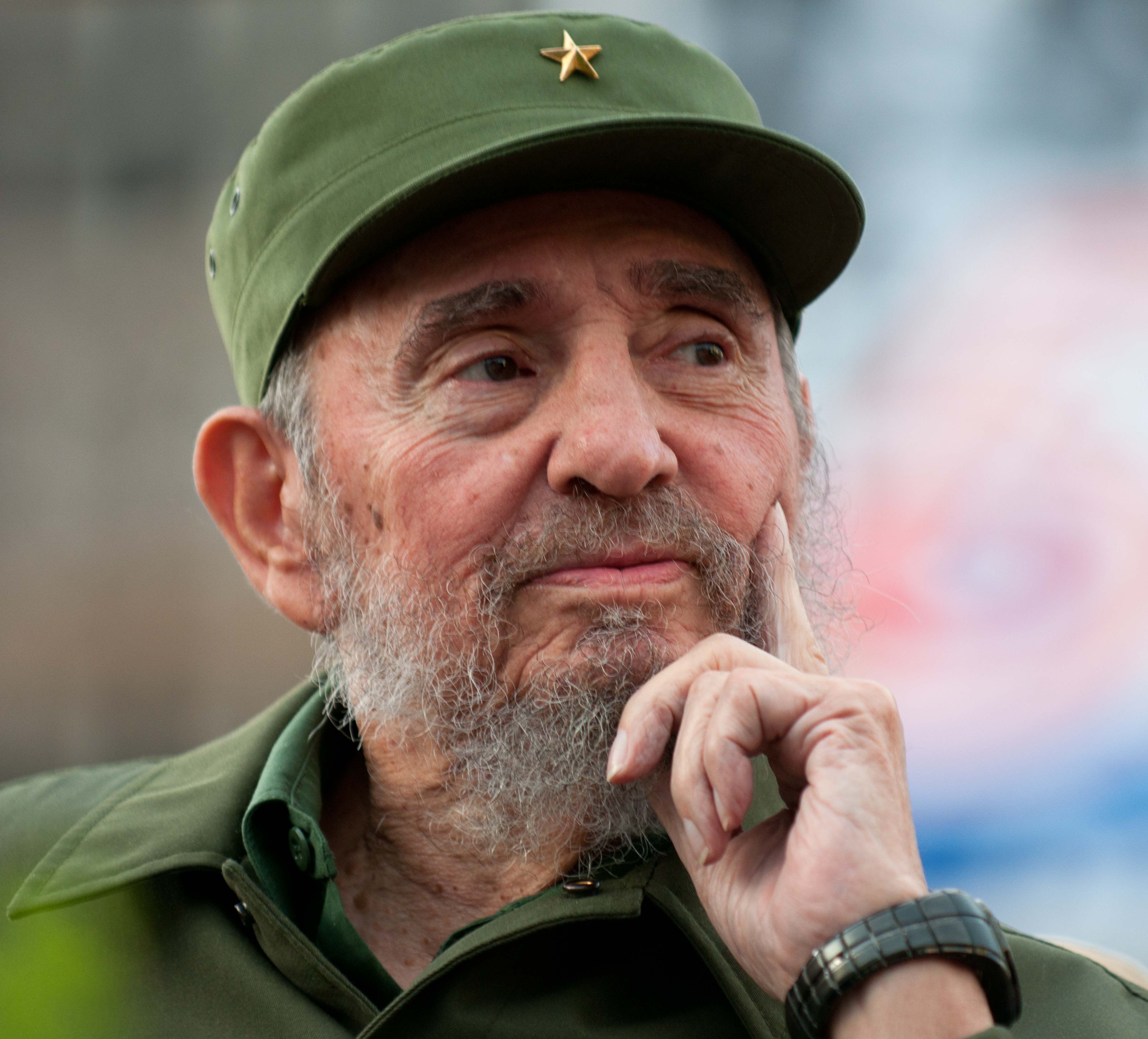
Paris, France. – Spanish intellectual Ignacio Ramonet highlighted this Thursday at UNESCO the extensive revolutionary work of Fidel Castro, who propelled profound transformations in Cuba and in countries of other continents.
As part of the Latin America and the Caribbean´s Week, the journalist and writer based in France offered a colloquium on the historical leader of the Cuban Revolution, before a large audience.
Ramonet, author of several books about Fidel Castro, made a lifetime review of the Commander-in-Chief, starting from childhood and early studies, to explain how the revolutionary vocation was born.
The scholar commented that during his law studies at the University of Havana Fidel became interested and involved in politics, something that later deepened when he graduated and opened a cabinet to offer free services to workers.
In this work, Ramonet said, Fidel knew in depth the injustices lived by the working class and the deep inequality existing in the Cuban society of the time.
The intellectual recalled that years later he reflected this entire panorama in the document known as History Will Absolve Me, his self-defense´s plea in the trial after the assault on the Moncada barracks. In this document, Fidel detailed all the social problems of the time, including illiteracy, extreme poverty in the rural world, and poor access to health services, among others.
According to Ramonet, after the triumph of the revolution, the first actions were precisely aimed at changing the whole panorama and this is evidenced by the feat of the Literacy Campaign, universal access to health and education, agrarian reform, among other measures.
Over time, the writer added, all that transforming movement extended to nations in Latin America, Asia, and Africa, where Cuba has taken its physicians to serve the population and its teachers to teach with the Yo, sí puedo (Yes, I can) literacy method.
The writer specifically pointed out Operation Miracle, driven by the Caribbean nation with its scarce resources, which has allowed millions of people in many countries to recover vision.
Imagine if powers like France or Germany made efforts like that, there would not be blind in the world any longer, he said.
Dulce Buergo, Cuban ambassador to UNESCO, highlighted Fidel Castro’s legacy in the fields of competence of that organization, namely education, science, culture and sports.
To pay homage to him, the best thing we can do is to keep this revolution alive for Cuba and for the world, because it is the revolution of education, science, culture, communication, Buergo said.
Taken from Prensa Latina Agency